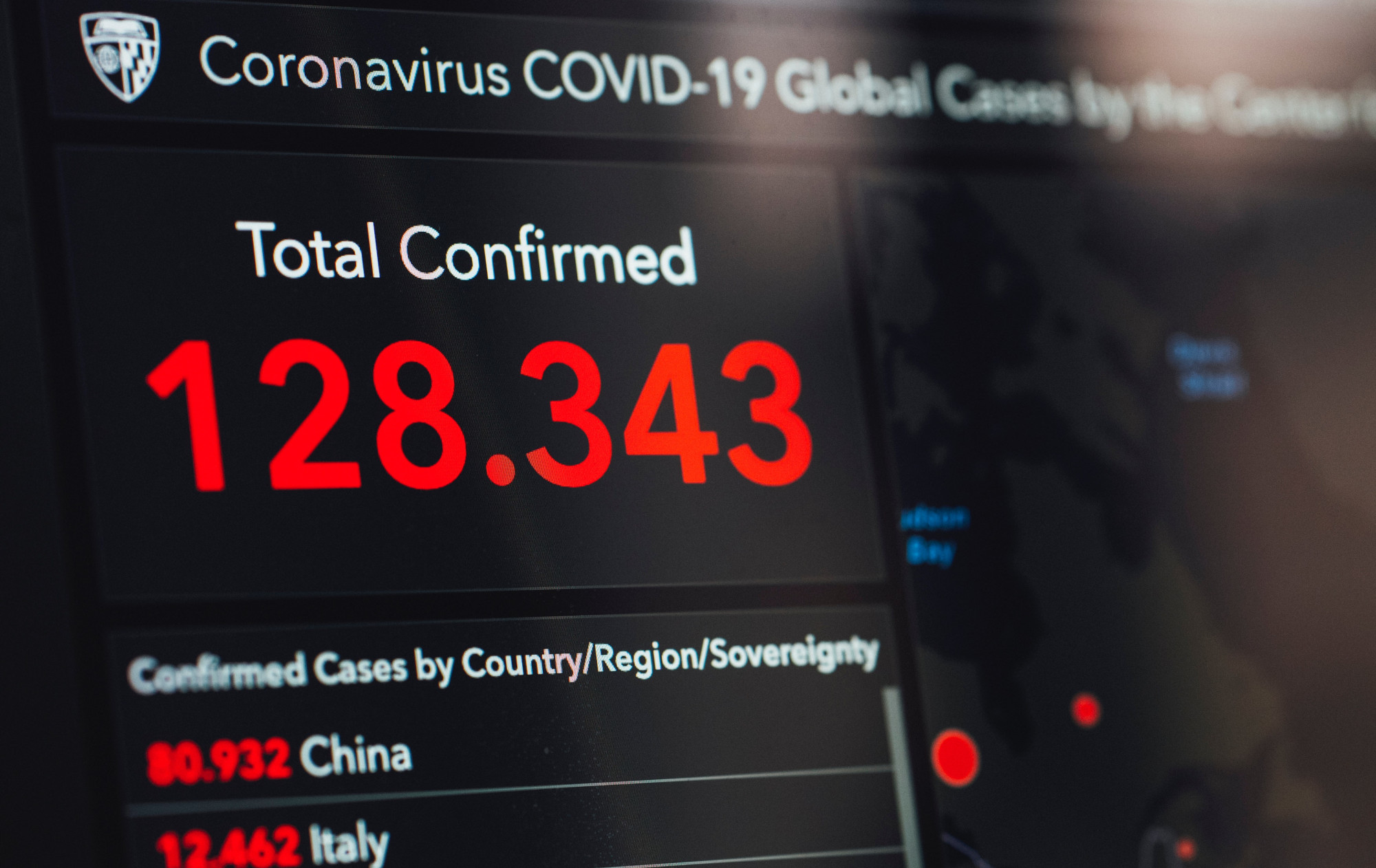When I saw this article in the Wall Street Journal this week, on how states are pressuring insurers to pay business interruption claims related to COVID-19 even though policies specifically exclude pandemics, I was reminded of my first encounter with the “deep pockets” theory that is driving the pressure.
A college friend who was a new associate at one of Chicago’s biggest law firms had managed to get me invited onto its softball team, and a bad hop on a wicked single had shattered the nose of our rightfielder. Once we bundled the poor fellow into a car, so someone could drive him to an emergency room, the young associates started talking about who was liable. Natch. But whom?
Someone suggested that the rightfielder bore liability because he played rarely and perhaps should have known better than to take the risk. But you don't sue your teammate. So, an eager associate joked that the batter bore the liability for blistering the ball. “What about the pitcher, who served up such a juicy ball?” another asked. Then came the definitive ruling, from still another: “Who has the deepest pockets? The municipality. We sue the municipality for not maintaining the field properly and allowing for that bad bounce.”
We all had a laugh, and nobody sued anybody, but I’ve seen over the past few decades just how appealing the “deep pockets” approach is, and now the insurance industry is a target of those looking to finance relief from the pandemic.
Do we have a responsibility to provide business interruption insurance even though it’s not covered in the contracts? More broadly, what is the industry’s responsibility to help with this crisis?
No, I don’t think the industry should have to cover business interruption due to the pandemic. I think small businesses and individuals, who did nothing wrong, should be bailed out by government as part of a collective effort by us taxpayers and citizens. But I don't see why the insurance industry bears any special responsibility. Two years ago, Marsh actually offered a policy that would cover pandemics, and no one bought it, so why should insurers have to cover them, essentially for free? A contract is a contract.
But….
But, but, but….
I think there is a moral imperative for the industry to do everything it can, even if means bending some rules and forgoing some revenue in the short term. There should even be long-term payoffs for generosity now—though that needs to be a secondary consideration.
When I was a kid, and one of my seven siblings or I (yes, Irish Catholic) would head out the door, my Dad would typically call one of two things after us, “Remember your name is Carroll,” or, “Do the right thing.” While the first admonition applied just to us Carroll kids, I’ve found the second to be a remarkably good guide to behavior, whether individual or corporate, ever since.
In the current moment, doing the right thing looks to me like finding ways to defer premium payments when possible. After all, the insurance industry is in strong financial position, while many clients, especially individuals and small businesses, are not. Why not let them rest on the broad shoulders of the insurance industry and borrow our balance sheet for a while? It’s not like the cost to insurers would be material, in a period when interest rates are nearly zero.
Is there some way to quickly diminish workers’ comp payments at small businesses where, after all, so many people aren’t working? Maybe recalculate slip-and-fall liability as long as there aren’t customers or workers who will slip and fall? Reduce premiums for commercial auto fleets if they've been idled? For buildings that aren't being used? Temporarily lower premiums for individuals whose cars are just sitting in their driveways or on the street?
I realize that regulators will need to weigh in on premium adjustments and that some bad debts will arise if people get into the habit of not paying their premiums, but I think my broad point stands. There are probably lots more ways to support clients in their time of need, too. Perhaps a blanket deferral of premiums for businesses with dire cash flow?
If a claim is the proverbial moment of truth, then this pandemic is the moment of truth among moments of truth. This is the moment to shine.
There are loads of people out there who are convinced that insurers are unfeeling and nothing more than greedy. Look at this article in the Daily Beast. The haters can control the narrative, or we can.
Look at the great publicity that Cigna and Humana have received for waiving copays on coronavirus treatment. Or, look at the coverage of the humanitarian gesture by Zion Williamson, a rookie with the New Orleans Pelicans, who said he'd cover 30 days of expenses for the team's stadium staff after the NBA put its season on hold. This is a 19-year-old kid (albeit, one earning some $20 million a year). Surely, with all the resources in the insurance industry, we can make many such grand gestures.
Whatever we do or don't do, it'll be remembered for months and years to come. So, let’s do the right thing. Let’s help in every way we can, even if it means going outside the normal rules and procedures. It shouldn’t cost much, if anything, in the short run and will return long-term dividends both for the industry and for grateful clients.
Stay safe.
Paul Carroll
Editor-in-Chief



